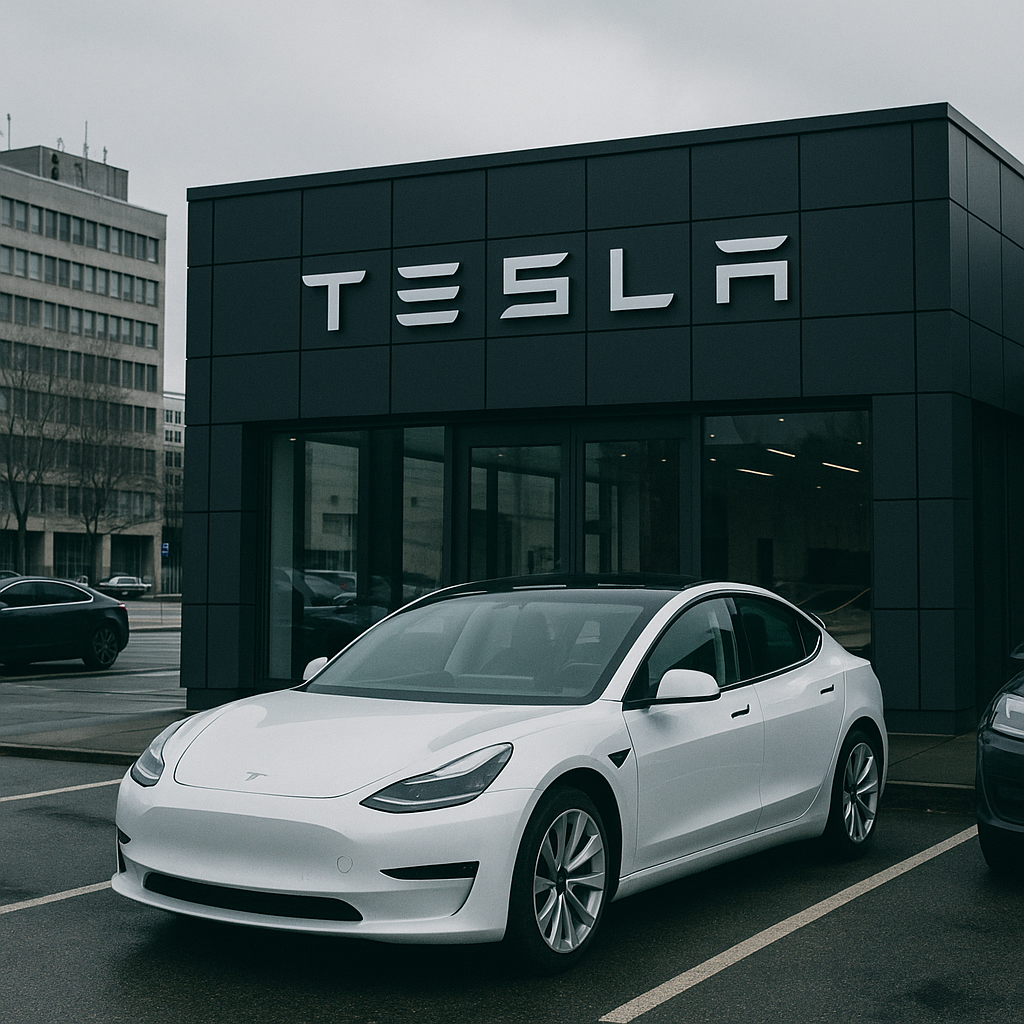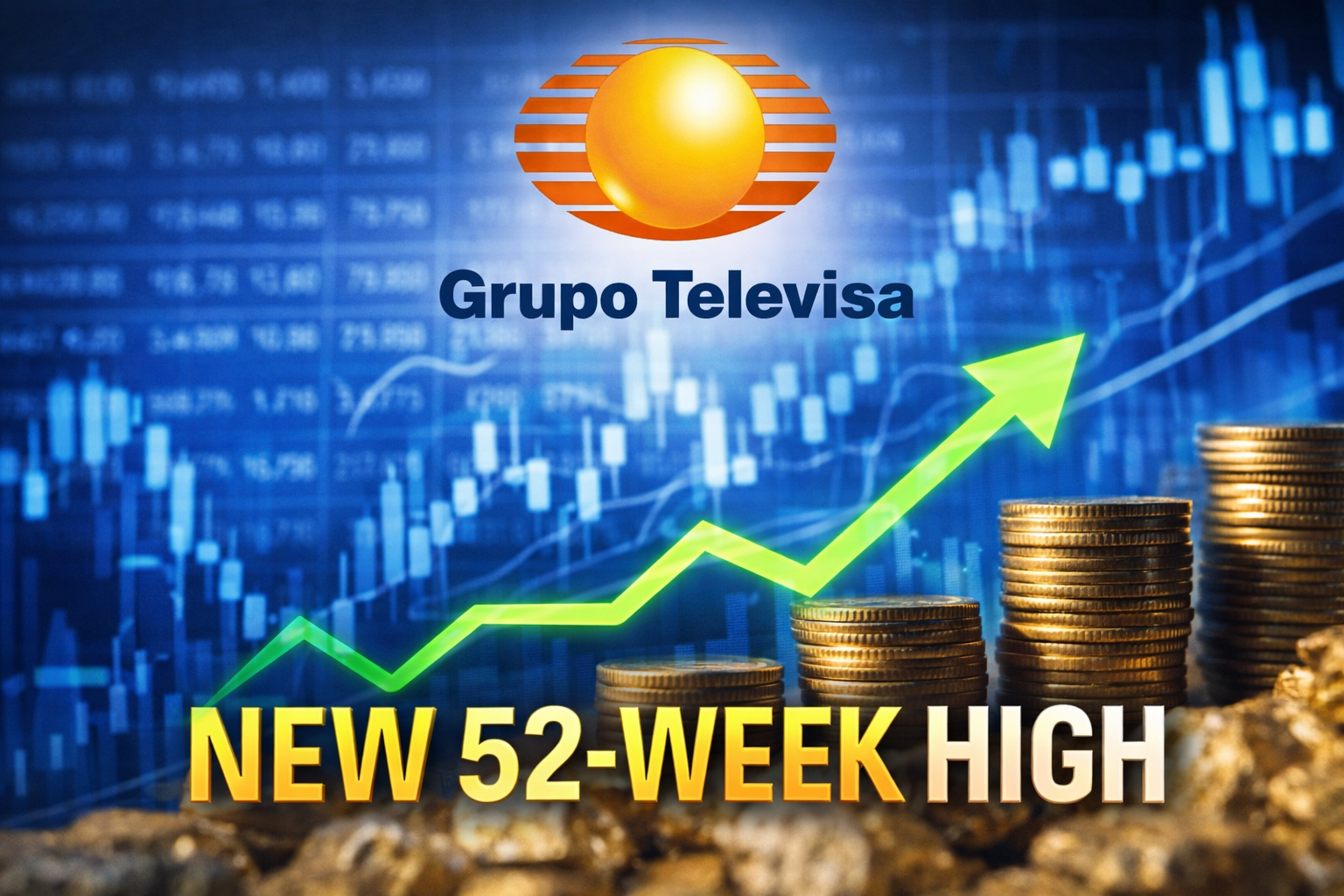Introduction
Tesla Inc. is facing a serious slowdown in Europe. The Elon Musk-led automaker posted some of its steepest monthly sales declines of 2025, signaling continued weakness in one of its most competitive global markets. According to Bloomberg, Tesla’s European sales fell sharply across major countries, underscoring waning demand amid intensifying competition and policy shifts in the electric vehicle (EV) sector.
Steep Drops Across Key European Markets
The latest data reveal that Sweden saw the most dramatic downturn — Tesla registered only 133 new cars last month, an 89% plunge from a year earlier.
Other regions also experienced substantial drops:
- Norway, the Netherlands, and Italy each saw sales fall by roughly 50%,
- Spain recorded an almost 30% decline.
These figures mark one of Tesla’s weakest European performances since 2022 and add to concerns about the company’s ability to sustain momentum beyond its core markets.
A Perfect Storm: Demand Erosion and Competitive Pressure
Tesla’s slump comes amid growing competition from European and Chinese automakers expanding their EV lineups. Brands like Volkswagen, BMW, and BYD are rapidly gaining market share, often undercutting Tesla on price while offering broader model diversity.
Meanwhile, higher borrowing costs and reduced government incentives in some EU countries have softened consumer enthusiasm for new electric vehicles. The result: slower showroom traffic and shrinking waitlists for Tesla’s once-scarce models.
Sweden’s Sharp Decline Highlights Labor and Image Problems
In Sweden, Tesla’s collapse is particularly striking. The automaker continues to face an ongoing labor dispute with trade unions and criticism over its handling of worker rights. Analysts suggest that Tesla’s resistance to collective bargaining in the country has damaged its brand reputation and contributed to the collapse in sales.
The company’s limited local service network has also drawn complaints from customers, further eroding its standing among Scandinavian buyers.
Broader Market Trends and Economic Headwinds
Across Europe, macroeconomic factors are compounding Tesla’s woes. Inflation remains elevated, household budgets are tight, and consumers are delaying big-ticket purchases. Even with price cuts on Tesla’s Model 3 and Model Y, affordability concerns persist, especially as energy and insurance costs rise.
The European Central Bank’s cautious stance on rate reductions has also kept financing conditions tight, slowing car loan growth across the continent.
Tesla’s Strategic Response
Tesla has not commented directly on the latest figures, but CEO Elon Musk has recently signaled a renewed focus on cost control, manufacturing efficiency, and product refreshes. The company is expected to double down on its Berlin Gigafactory operations to stabilize regional production and delivery schedules.
Additionally, Tesla is reportedly exploring software monetization, charging partnerships, and the launch of new compact EV models aimed at regaining competitiveness in price-sensitive European markets.
Outlook: Cautious Optimism Amid Structural Challenges
While Tesla remains the dominant global EV player, its European outlook is increasingly uncertain. Analysts warn that unless Tesla adapts to local labor norms, retools pricing, and diversifies its product offerings, it could continue to lose ground in the world’s most environmentally ambitious region.
Still, long-term demand for electric vehicles remains strong, and Tesla’s innovations in battery technology and autonomous driving may eventually help it rebound — but for now, the company’s European sales slump paints a picture of growing pains in a maturing market.
Conclusion
Tesla’s sharp sales decline across Europe in October underscores a shifting landscape for the EV giant. With major markets like Sweden, Norway, and Italy seeing dramatic drops, and broader consumer fatigue setting in, Elon Musk faces mounting pressure to recalibrate Tesla’s European strategy. As competition intensifies and economic headwinds persist, the road to recovery may prove steeper than ever for the world’s most famous electric carmaker.




